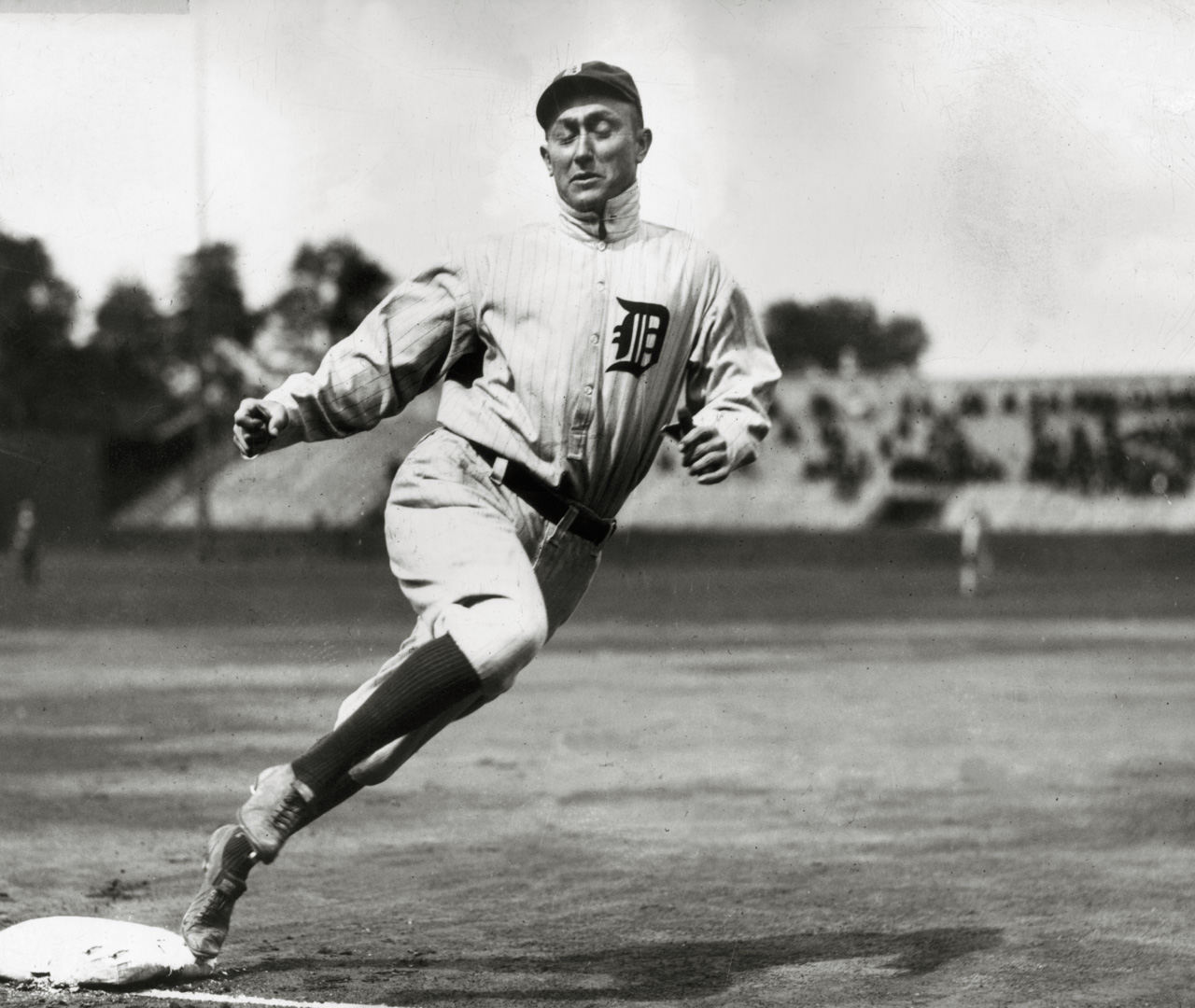
Ty Cobb, ca. 1915

Official website of the author

August Sander – Cologne, north side of Neumarkt, in the background is the Church of the Apostles (1945-46) (via)
August Sander – Church of St. Ursula, Cologne, 1945-46 (via)
August Sander, Bricklayer’s Mate (Germany, 1928). (via)
… when you write, you in a way write out of what you think of as your best self, you know, the part of you that is lacking in foibles and weaknesses and egotism and vanities, so on. You’re just trying to really say something as truthful as you can out of the best that you have in you. And somehow the physical act of doing it is the only way you have of having access to that self. When you’re not physically writing, you don’t have the key to that door. But when you get in — certainly speaking for me, when I get into a state of properly concentrated attention — then I think of that as my best self, the self that does that. I wish I had access to it the rest of the time.
— Salman Rushdie articulating a feeling that rings very true to me
Life magazine has posted a trove of photographs of Vladimir Nabokov in 1959, a year after the first U.S. publication of Lolita. From the photo captions:
Nabokov wrote most of his novels on 3″ x 5″ notecards, keeping blank cards under his pillow for whenever inspiration struck. Seen here: a draft of Lolita.… Near the end of writing Lolita, Nabokov became dissatisfied with the work and tried to burn his notecards. Vera [his wife] stopped him.
Sysomos, a maker of social media analysis tools, looked at 1.2 billion tweets over a two-month period to analyze what happens after we publish our tweets to Twitter. A few highlights: